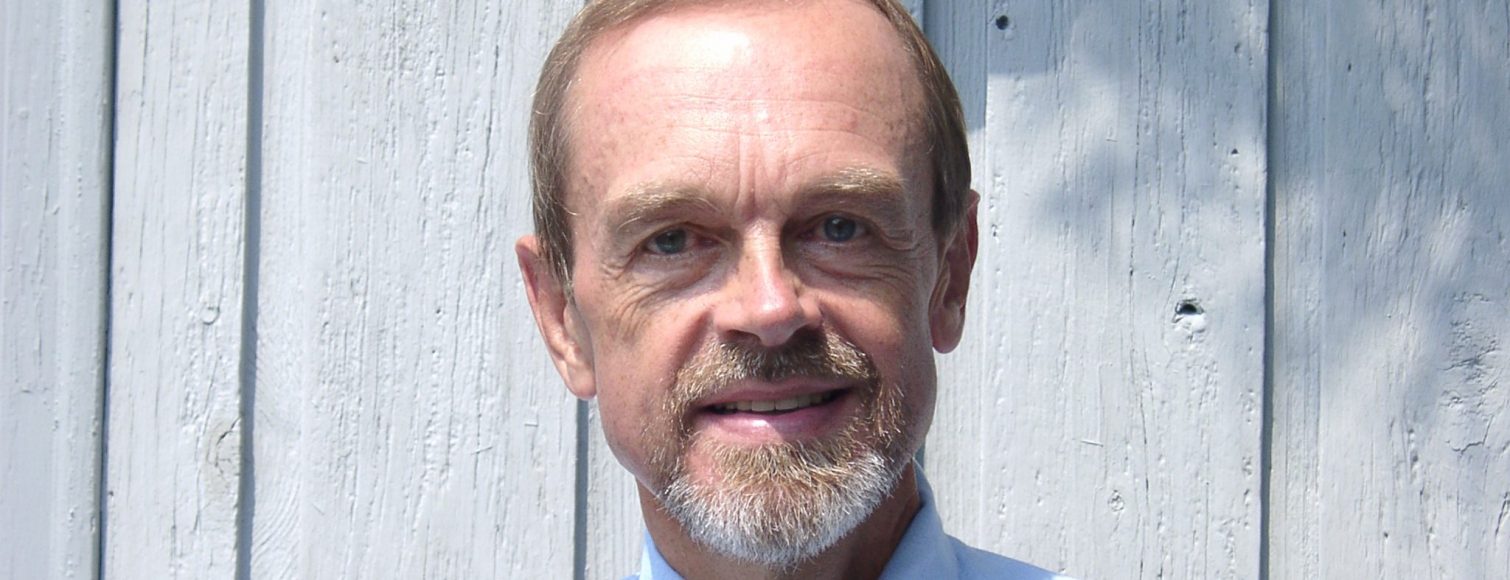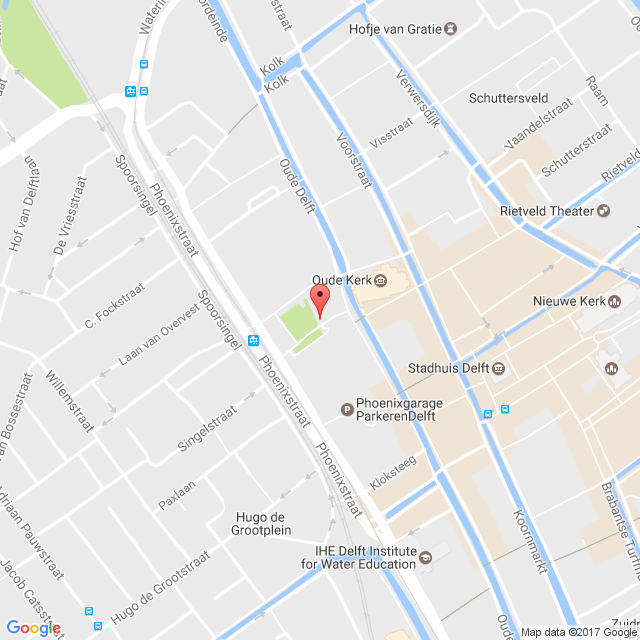Recording: Van Hasselt Lecture: What do we owe to the future? | Philip Kitcher
In Delft, we like to approach big problems and think in terms of ambitious solutions. However, what if these solutions which will benefit future generations have adverse effects on those who struggle and suffer today?
It should now be completely clear to any educated citizen of any nation that, without a global commitment to reduce emissions of greenhouse gases during the next decades, the people who will come after us will live harsh, probably unbearable, lives. Yet the necessarily radical changes in phasing out the use of fossil fuels and in altering our agricultural practices are likely to impose further burdens on those who are already struggling and suffering. They also threaten to frustrate the aspirations of the world’s poorer nations, as they hope to share in the benefits brought to the affluent world by the industrial revolution. Humanity thus faces a difficult ethical dilemma. How are we to balance the needs of people alive now against those of our descendants?
In this lecture, renowned philosopher Philip Kitcher will begin by trying to show clearly how this dilemma has arisen. Using the ethical framework of social contractualism, he will show how we might try to make some progress in solving it.
Philip Kitcher is the John Dewey Professor of Philosophy at Columbia University and holds an honorary doctorate from the Erasmus University Rotterdam. Previously, he has taught at the University of California, San Diego, and before that at the University of Minnesota. He is the author of Science in a Democratic Society, and most recently The Seasons Alter: How to Save Our Planet in Six Acts.
Van Hasselt Lecture
The annual Van Hasselt Lecture addresses the latest developments in ethics and technology. The lecture was named after Frans van Hasselt, a student in Delft, who denounced the firing of Jewish professors at the university in a public speech on the 23rd of November 1940. He was arrested by the occupying forces and perished at Buchenwald concentration camp two years later.
This lecture has been organised jointly by the department Values, Technology and Innovation of the Faculty of Technology, Policy & Management and Studium Generale TU Delft.


